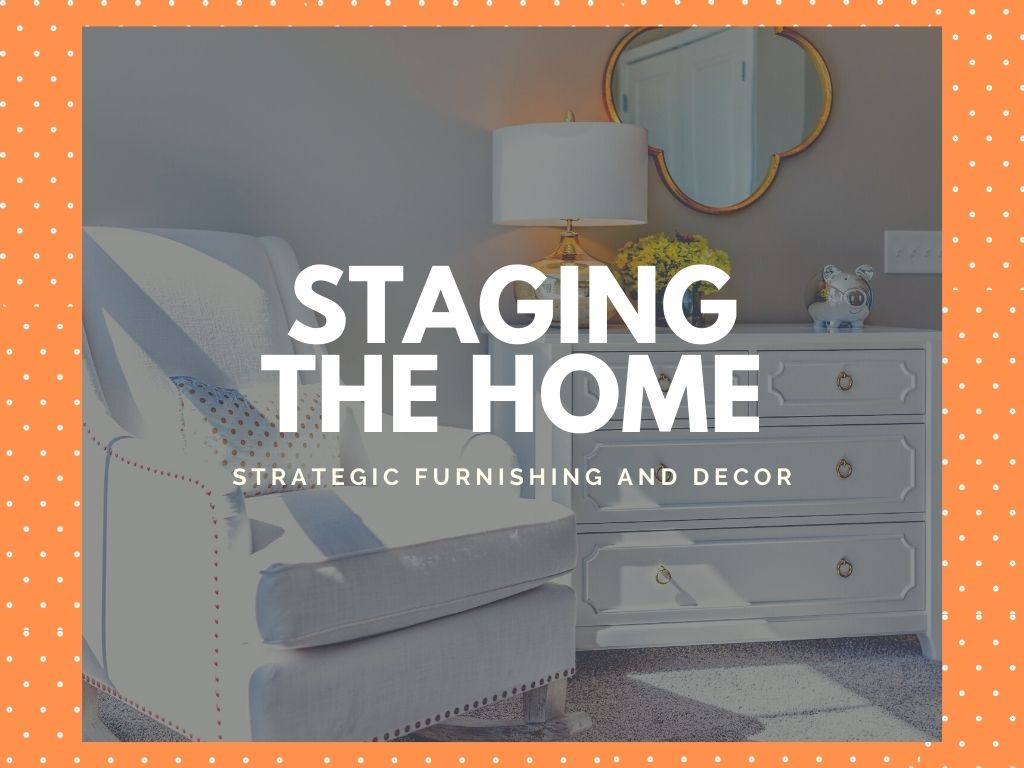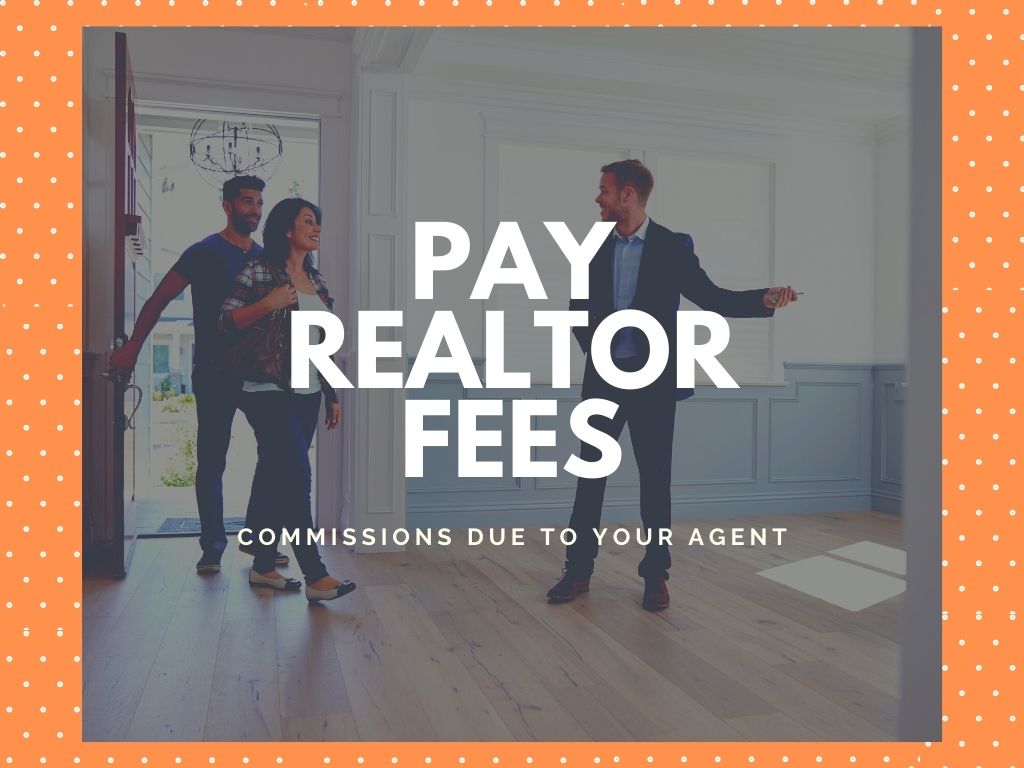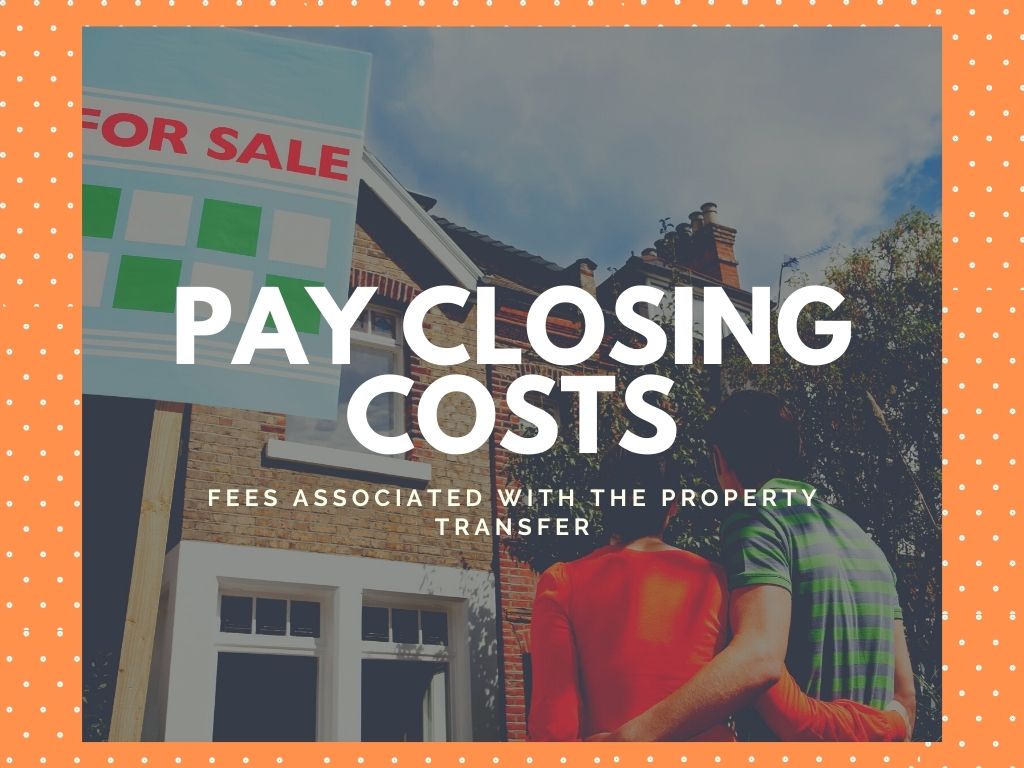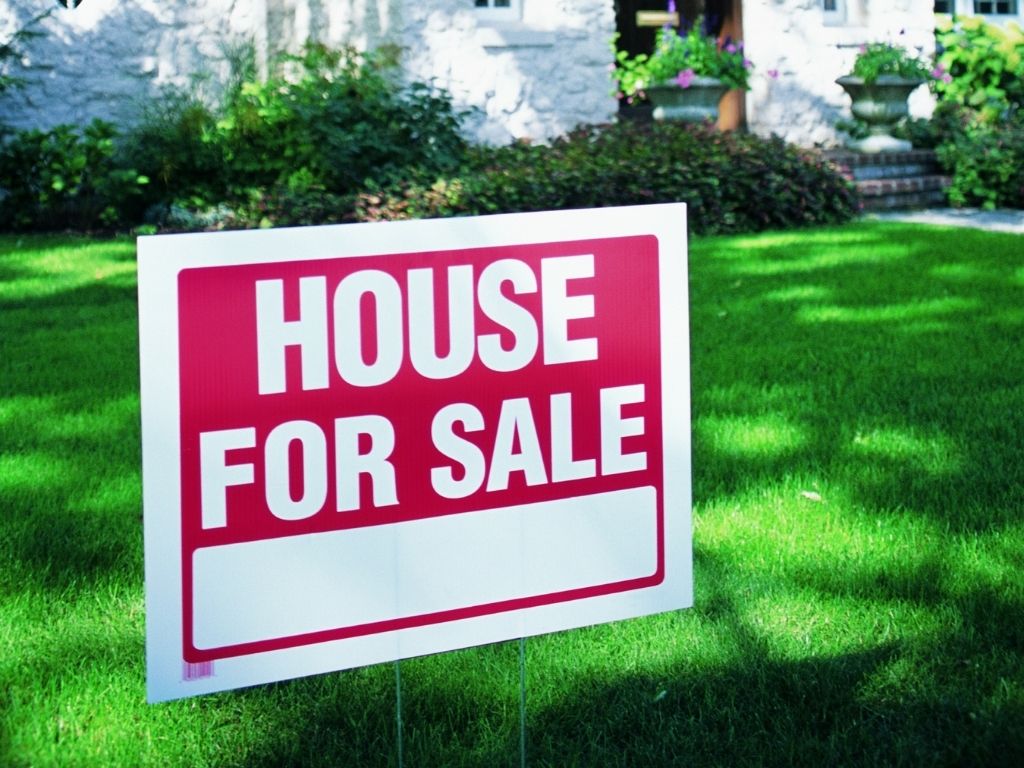If you’re planning to sell an investment property, there are some costs you need to prepare for before buyers get involved. There are general transfer costs and other expenses that will apply as the house changes hands and it’s important to be ready for them when the time comes.
Repair costs, real estate agent fees, closing costs and last-minute repairs can quickly add up to be around 10% of the property’s original sale price. As the current homeowner, you’ll also need to be ready to pay the carrying costs of the house while waiting for the right buyer to make an offer and close the deal.
In this detailed guide, we’ll be going over the common fees sellers have to pay when selling a house so that you can budget for them effectively.
Table of Contents
Preparing For Sale
The first costs you’ll need to prepare for are the costs that will get the property ready for sale. In order to get the asking price you want, you need to ensure that the home is attractive to buyers within that specific market by making use of the following strategies:
Staging The Home

Many investors choose to improve the appearance of their properties prior to allowing buyers to view the space. One of the methods of improvement that is commonly used is staging, in which a professional brings in select furniture pieces to make the home as visually appealing as it can be during viewings.
The idea behind this approach is that by adding strategic furniture and decor, it becomes easier for the buyer to envision themselves living there. There are added benefits such as focusing buyer attention on key spaces and increasing the overall asking price.
The cost to stage a property will depend on the type of home it is, the size and the area it is located in. A good rule of thumb is to plan for just under 1% of the sales price: on average staging can cost between $300 and $600 for initial design and consultation and another $600 per month per staged room.
It is possible to save on the cost of staging by cutting out the use of a professional service and doing it yourself. On the other hand, this won’t eliminate the cost of staging completely. Even when self-staging there will be costs for things like paint, furniture rental or purchase, curtain installation and other decor pieces. If there are carpets or other floors in the home, you may also want to consider having them thoroughly cleaned.
Improving Curb Appeal

Besides staging the inside of the home, there will also be costs associated with fixing up the exterior. This is known as improving the curb appeal of the home, or making the home as attractive as possible from the outside. It’s essential not to skip out on this step before listing the home for sale as it will affect how buyers perceive the home even when viewing it in listings online.
Some of the ways in which investors can fix up the curb appeal of their properties include landscaping, painting and other general maintenance. Landscaping projects such as lawn maintenance, shrub trimming and planting of some flowers and other greenery can have a significant impact on the attractiveness of the home.
Paired with repainting of the outside of the home (walls, windows and door frames), landscaping is a powerful tool. The other massive benefit? Most of these curb-appeal projects can be DIY-ed which is a great way to cut down on expenses. On average, it’s best to budget a few hundred dollars for the exterior of the home – you can increase or decrease the amount based on how big the home is and how much yard there is.
Last Minute Repairs

Prior to listing the property for sale, you’ll want to ensure that any issues related to repairs or other maintenance is completely resolved. Problems with repair are cited as one of the most common reasons why pending home sales fall through. Ideally, you want the home to be in the best condition it can be before buyers enter the equation.
If you decide to sell the home as-is, you need to prepare for the fact that you’ll be asked to make concessions that will affect the asking price of the home. A concession is an agreement between the buyer and seller in which the seller agrees to settle the costs of certain expenses related to the property transfer. This then reduces the price the buyer has to pay to purchase the home.
Some of the concessions that you can expect when selling a home as-is include:
- Attorney fees
- Interest rates
- Appraisal costs
- Origination fees
- Tax service fees
- Title insurance
When doing your last walkthrough of the property before officially listing it for sale, you’ll want to make note of a few things. Are all the appliances working? Has everything that needs to be refreshed and cleaned been done? You may want to set up a home maintenance list that encompasses all of the home’s items and check them all one-by-one. Some investors prefer to get a pre-inspection assessment done that can highlight key repairs that need to be completed based on the home’s age and condition. This inspection assessment can also be used to decide how much of the repair needs to be handled by a professional versus being DIY-ed.
Sales Negotiation
With repairs, staging and curb appeal completed, the property can be listed for sale. From there it’s a waiting game until an interested buyer decides to make an offer.
With an offer in hand, it’ll be time to negotiate. When an offer is about to be accepted there are a few expenses that will apply:
Realtor Fees

When using a realtor to handle the sale of the property, you’ll need to budget for the commission that will be due to them when the home is sold. Part of their duties will include arranging viewings, screening buyers, reviewing paperwork and other things related to the listing. What you’re paying for here is the convenience; taking on these responsibilities yourself can prove to be time consuming and frustrating.
You can expect to pay up to 6% of the final sale price of the property in commission fees – these fees are usually split between your realtor and the realtor of the buyer.
Alternatively, you could choose to market and sell the home yourself without the help of a realtor and save the money you would have spent on commission. Just bear in mind that you’ll have to take over all of the legwork with less of the connections.
Seller Concessions

As mentioned above, you may need to agree to a seller concession. This is a way to show goodwill, sweeten the deal and increase the likelihood that the buyer will close.
Buyers may ask for concessions as a bargaining chip in a buyer’s market, but the amount they ask for will be limited depending on the type of loan they have obtained. Market trends will also influence the level of concession, but a general guideline is to prepare for the buyer to ask for a concession equivalent to 1.5% of the property sales price.
Settling The Sale
The final costs the seller will be responsible for when selling a house will be related to the final closing.
Closing Costs

The closing costs of the property will be a collection of fees that are paid by both parties to finalize the transaction. As a seller, you can expect to pay up to 4% of the total home cost during closing. The good news is that closing costs are usually lower for the seller because there are less things to settle. What you’ll be expected to cover will include;
- The closing fee
- Property taxes
- Attorney’s fees
- Recording fees
- Transfer tax
- Any loan repayments outstanding
We’ll focus on transfer taxes for a minute. These are specific taxes that apply when the real estate title is transferred from one individual to another. This tax will be dependent on the state or county that the property is located in. Some states ask no transfer tax at all, while some charge a flat fee amounting to a percentage of the sale price.
The Bottom Line
There may be other costs associated with selling a house that are not listed in this article, but the ones that are included will give you a good idea of what to expect. Sellers can ultimately expect to pay up to 10% of the sale price of the house towards closing costs.
It’s best to prepare for these costs beforehand by setting up a thorough budget with input from professionals like experienced appraisers or contractors. Depending on the location the property is in, some of the costs will vary and some may not apply at all. If you’re able to put together a relatively accurate estimate of these costs for your budget you’ll avoid any nasty surprises like hidden costs down the line.
What matters most when you want to get the right asking price is to take a critical look at the property from the perspective of a potential buyer. Is the property appealing from the road? Is the interior in good condition? You want to ensure the home is presented in the best way possible, even if it means spending a bit more now to get a bigger payoff later.
If you decide to sell the home as-is, you need to be aware of the fact that it might affect your asking price and lead to lower offers. You’ll also need to weigh some options: how much will you DIY and where will you need a professional to come in to take over? If you’re making use of different real estate service providers like realtors, you’ll need to determine that they have a credible background and good experience selling homes as well.
Lastly, remember that first impressions really matter. The first rush of viewers when the home is listed officially are likely to lead to an influx of offers – the chances are good that these will be some of the best offers you get. If you can capitalize on that and get a great offer, all the fees associated with selling the home will be worthwhile.



